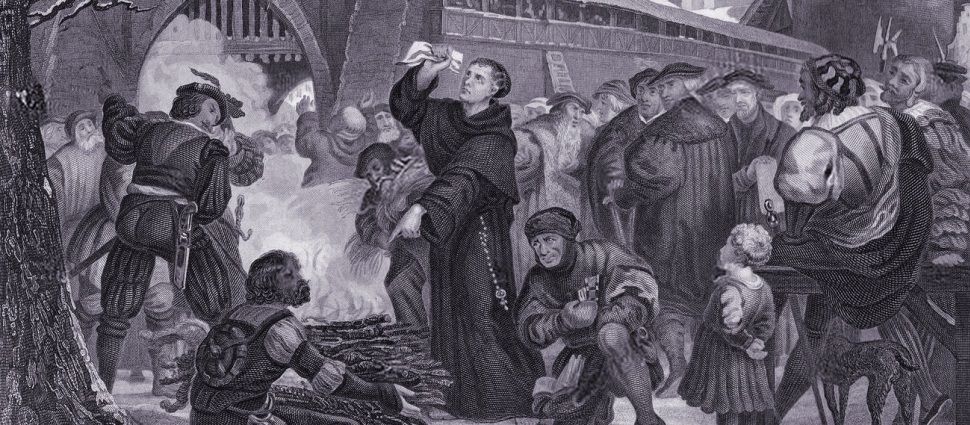Friday, April 24, 2020

1 Peter 4:7-8
The end of all things is at hand; therefore be self-controlled and sober-minded for the sake of your prayers. Above all, keep loving one another earnestly, since love covers a multitude of sins.
In the Middle Ages it was common to hear of the four cardinal virtues: prudence, justice, hope, and temperance. Certainly those are good things with strong biblical justification. Borrowing from the Apostle Paul the church of the Middle Ages often referred to the three theological virtues: faith, hope, and love. Of these three virtues Paul called love the greatest (1 Corinthians 13:13).
In his first epistle, the Apostle Peter calls Christians to live in light of the return of Jesus and “the end of all things.” Peter enjoined Christians to be “self-controlled and sober-minded for the sake of your prayers.” However, “above all,” the apostle wrote, “keep loving one another earnestly, since love covers a multitude of sins.”
What mattered most to this man who was taught the Christian life by the Lord Jesus himself, both by word and by an example, was love. Peter had been privileged to observe the Lord Jesus daily for upwards of three years. He was there when Jesus wrapped a towel around his waist and began washing his disciple’s feet. He witnessed Jesus’ personal holiness, his patience with sinners, and his righteous zeal for the glory of God. Peter had witnessed Jesus offer himself up to the hands of sinful men to be crucified. This man who experienced the powerful indwelling of the Holy Spirit in a way unique to an apostle – What was most important to him?
The earnest love that Peter calls Christians to is not a worldly, self-seeking, sentimental, indulgent sort of love. The church is called to a distinctively Christian love. It is a love which operates by the standards of God’s truth. It is a holy love. It is a love which seeks to serve and is invested in the good of the other. The church’s love revels in righteousness and truth but is quick to show mercy. Most of all, it is a love grounded in the love of Christ who laid down his life so that we might live.
Christian love is derivative of God’s love. And God’s love is sure. God’s love never fails. We love, Scripture tells us, because God loved us. Indeed, “God is love” (1 John 4:8). Because God is love – just like is He is holy and just and unchanging – and does not merely do loving things, his love is not temporary nor can it be diminished. Because God’s love is perfect and holy he will never act in ways which are contrary to what is right and good and true and just. God’s love is never manipulative but is giving to the point of sacrifice: “For God so loved the world that he gave his only begotten Son that whoever believes in him shall not perish but have everlasting life” (John 3:16).




